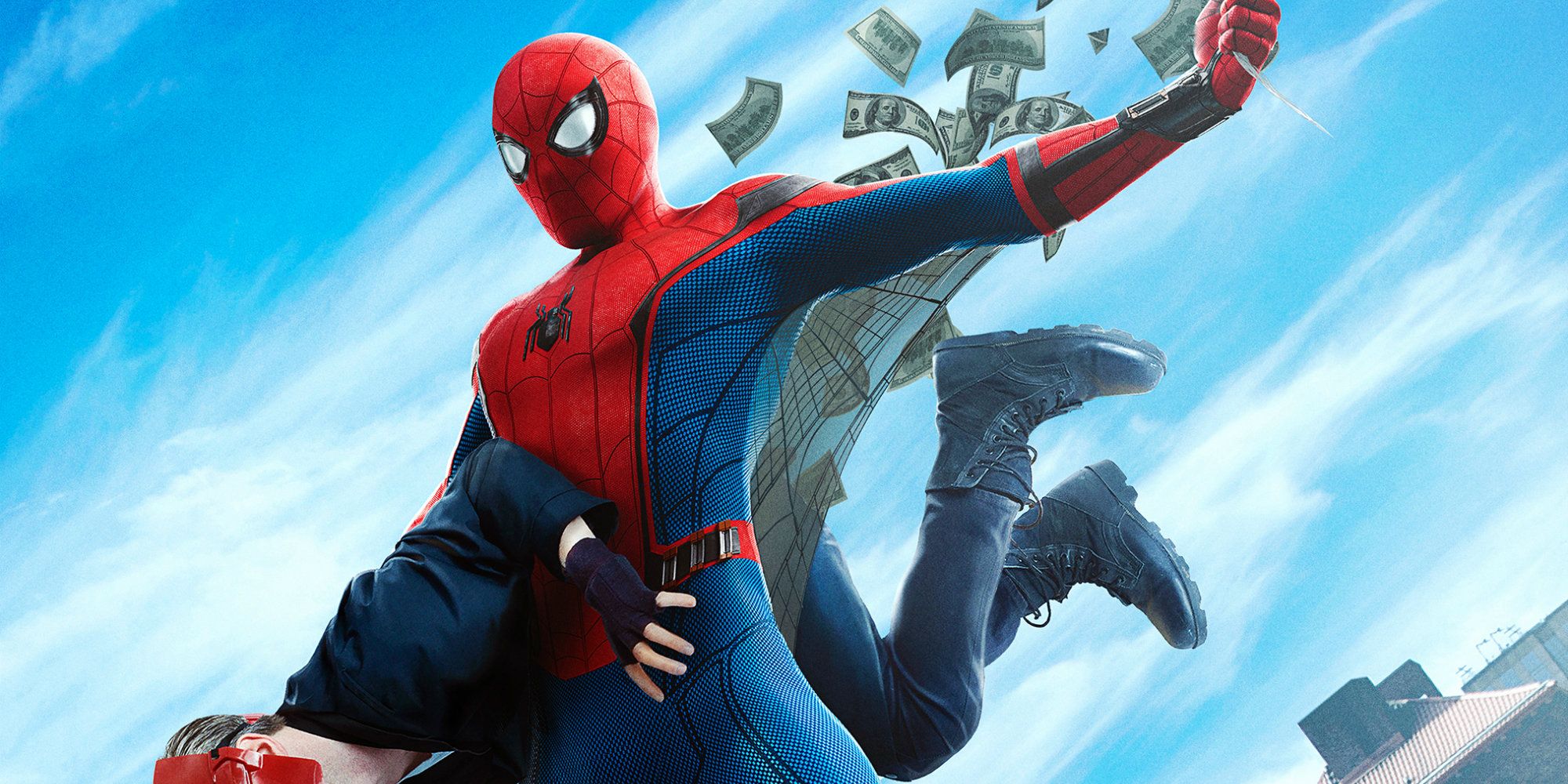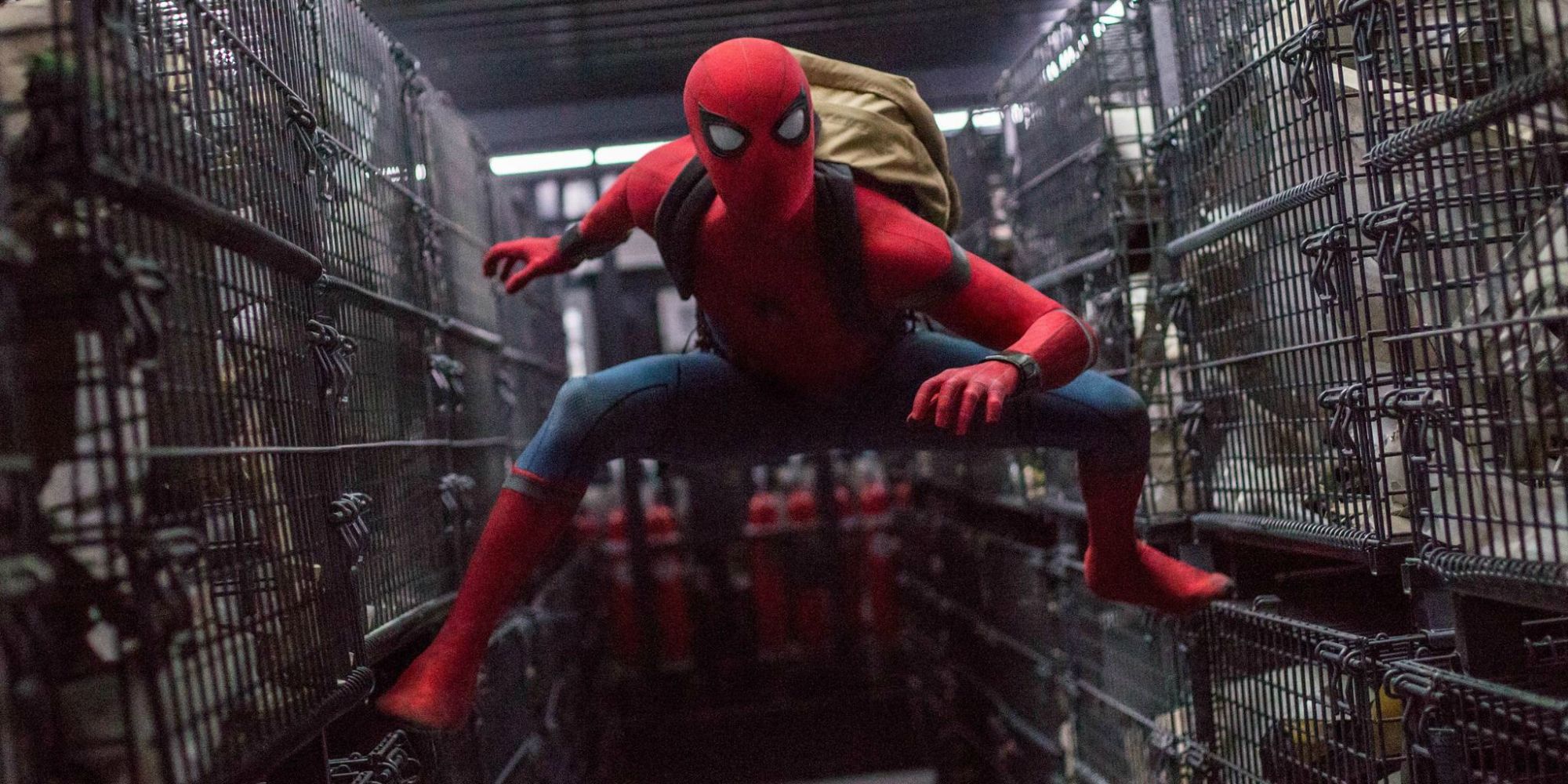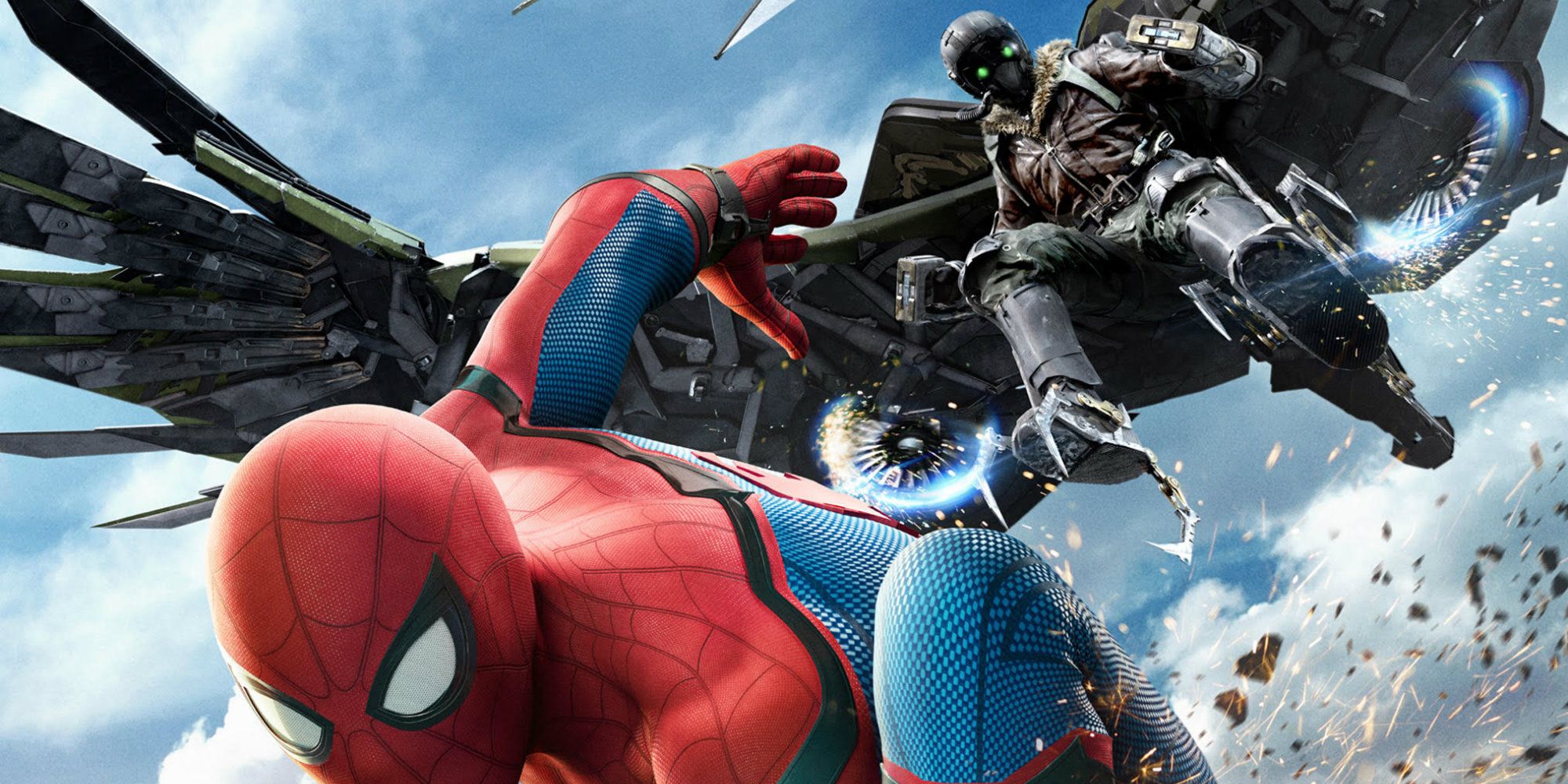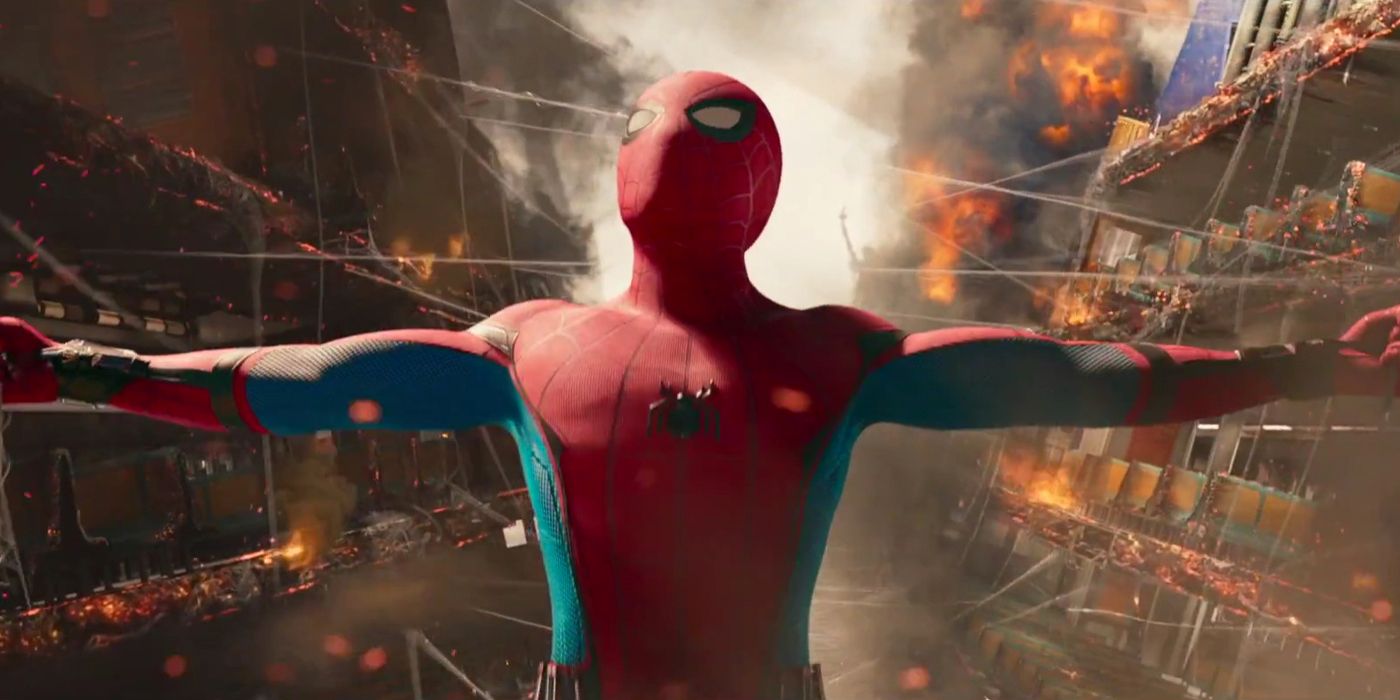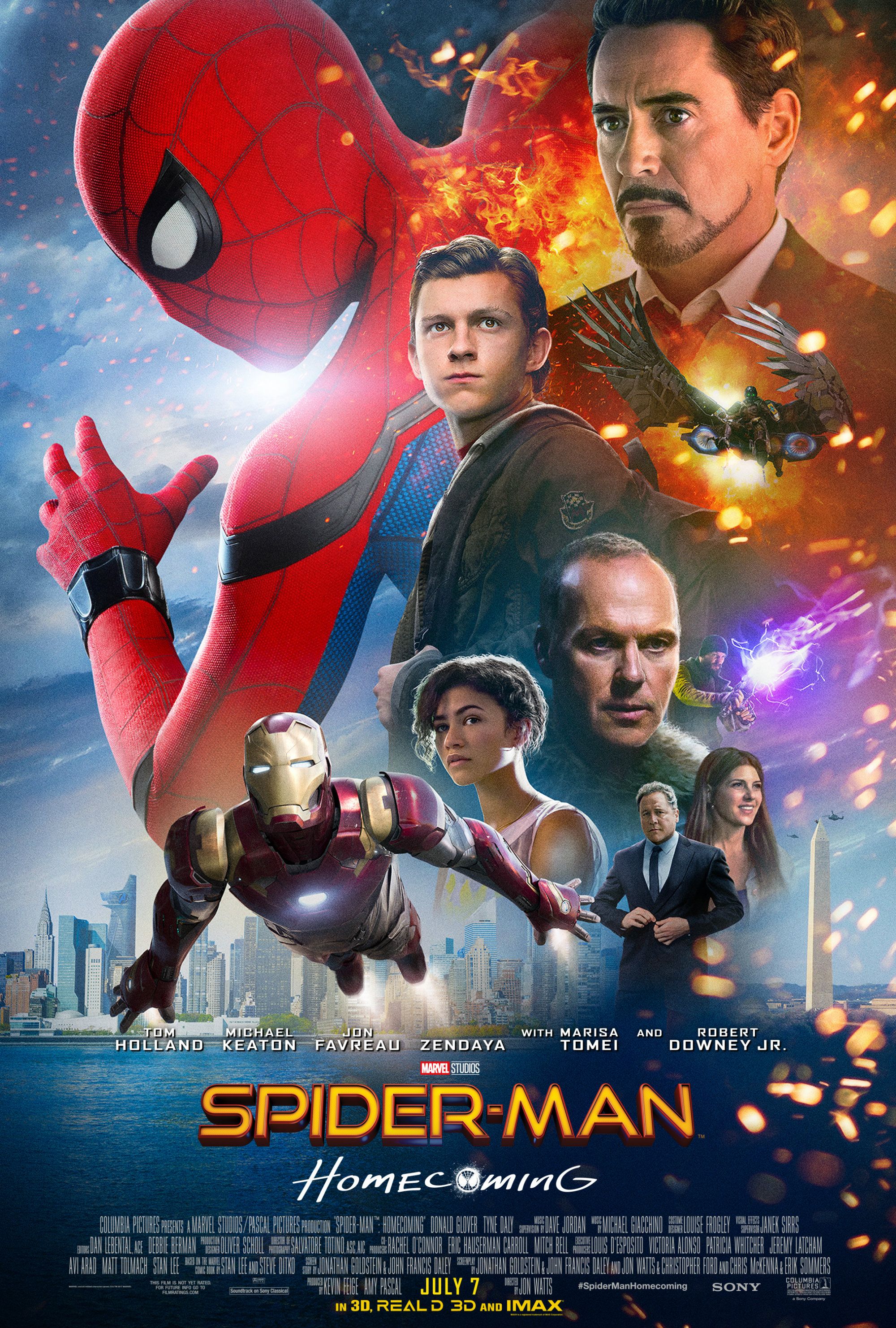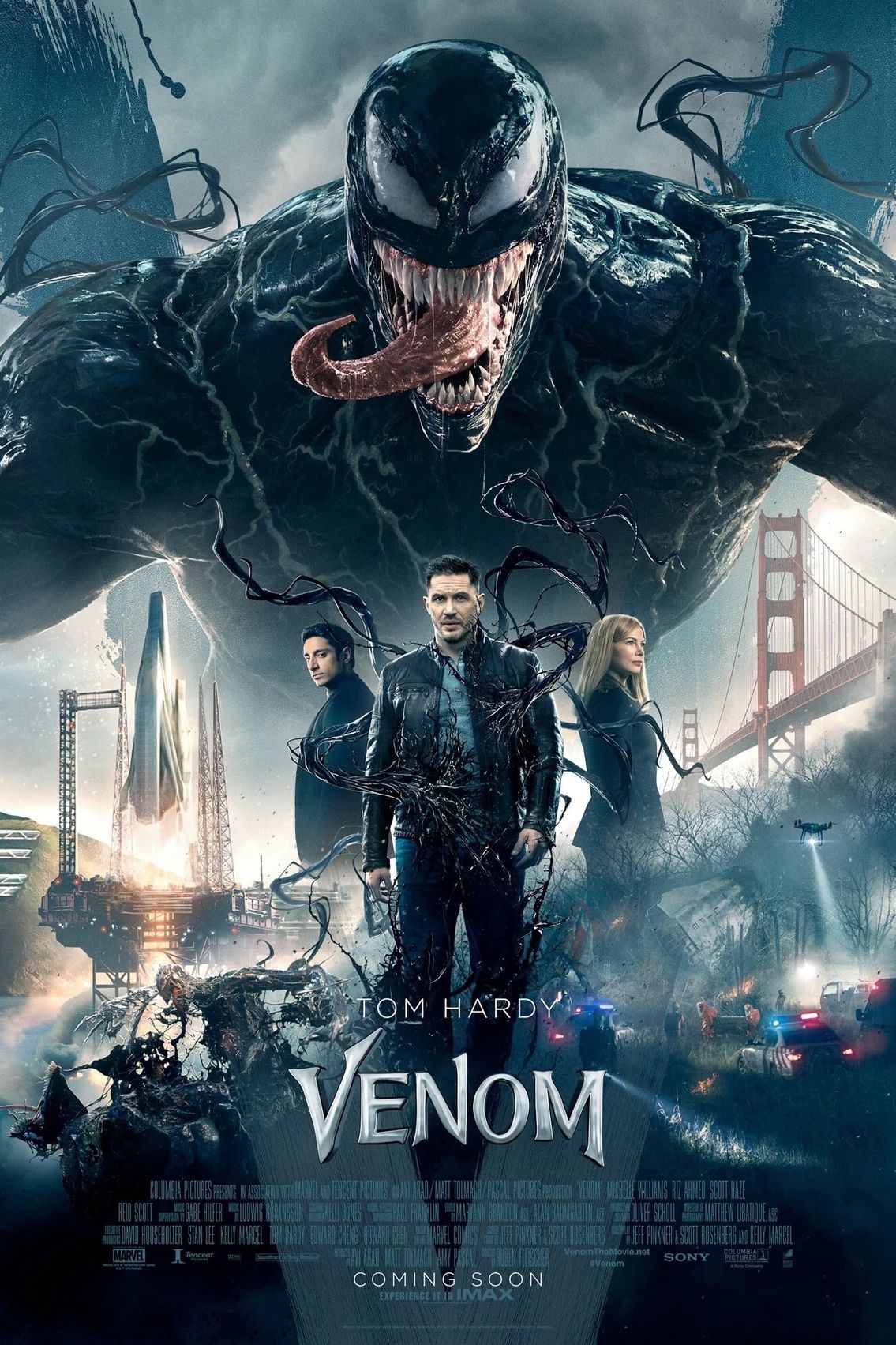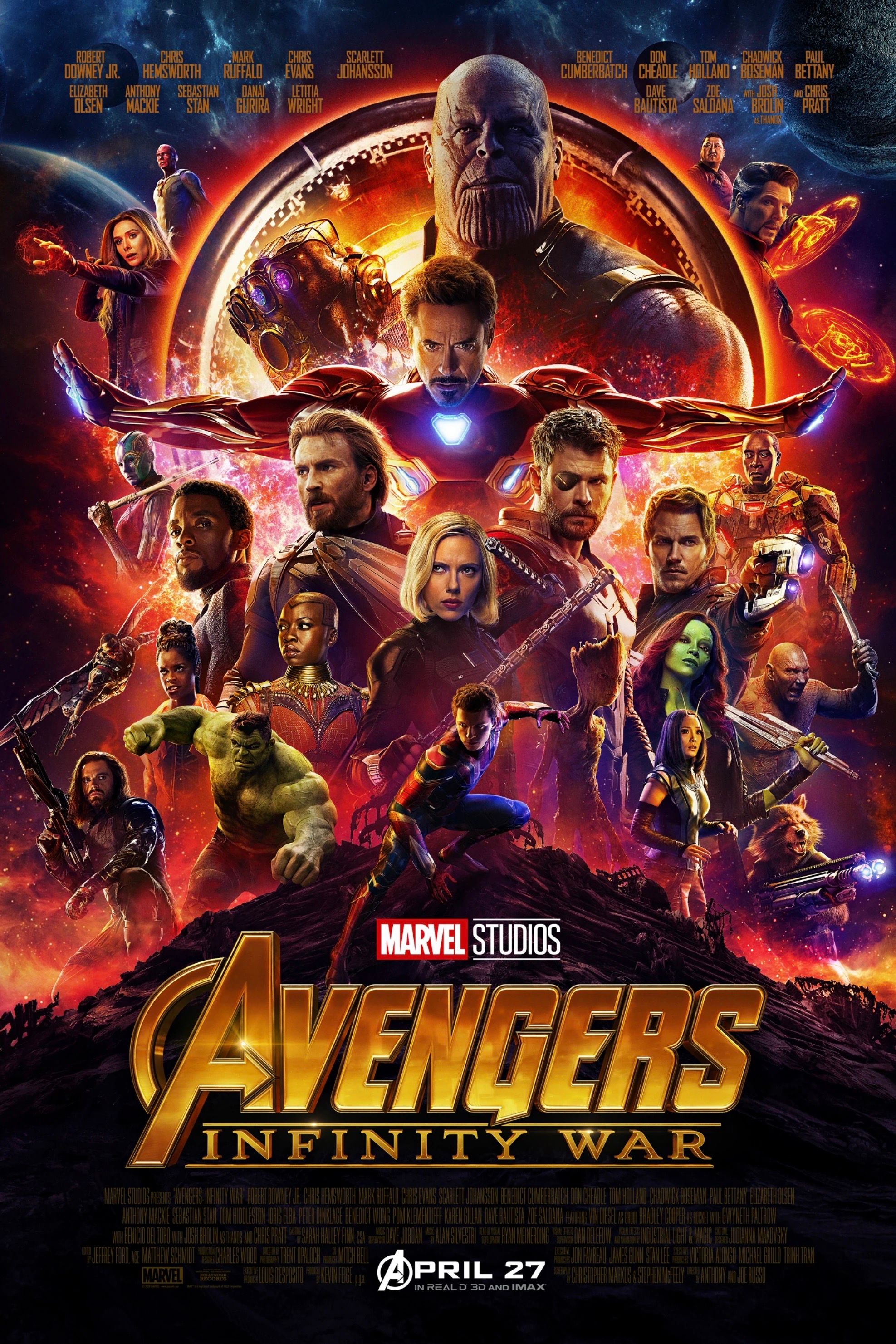Spider-Man: Homecoming is a big hit for Sony and Marvel as the two studios team up in unprecedented fashion to rescue their (now) jointly-parented webslinger movie brand from where it had been mired after the middling-to-disastrous reception of the franchise's recent cinematic outings and scuttling of the original series midway through pre-production on Sam Raimi's Spider-Man 4. Homecoming debuted with a big $117 million domestic opening at the U.S. box office with overseas sales pushing it to a powerful $257 million global take - and that's without the boon of the increasingly important Chinese market (where recent government regulatory maneuvers have nudged Hollywood blockbusters out of summer openings - possibly in an attempt to bolster sales for domestic productions).
However, the news hasn't all been stellar on that front: As reported in by Scott Mendelson of Forbes, Homecoming took a big hit in its second weekend of release - owed largely to the reliable over performance of Fox's third Planet of The Apes prequel, War of the Planet of the Apes. While still managing a more-than-respectable $45.2 million haul and a comfy landing in the #2 spot, the frontloaded nature of its initial opening versus the immediacy of steep competition (likely to only get "worse" as this week features high-profile releases in Christopher Nolan's Dunkirk and the sci-fi epic Valerian & The City of A Thousand Planets) means that the new Spider-Man ended his second week of release setting a somewhat dubious record: At 61.3%, Homecoming has suffered the single biggest weekend-to-weekend drop of any Marvel Cinematic Universe film thus far.
In fact (according to Forbes' math) that puts the new film on track to do business only about on-par (and, adjusted for inflation, probably less-than-par) with the first of the two widely-reviled Amazing movies. While that's far from a doom-and-gloom scenario as box office drops go - it's well removed from the 70% tumble of Batman V Superman, for example - it serves to throw at least a small wrench into the narrative Marvel and Sony have been busily constructing around the film; i.e. that their collaborative efforts were the silver bullet necessary to bring Spidey back to the point where the web-slinging teen hero was the top costumed-crimefighter draw on the planet. Rather, they're now faced with the less spectacular-sounding honor of having "only" staunched the bleeding from the studio-destabilizing crack up of the second Amazing feature - with Sam Raimi's Spider-Man 3 likely to hold onto its franchise-best box-office record for a few cycles longer.
Tangled Web
Granted, no one is going to cry over "only" pulling down something in the neighborhood of $260 million domestic - especially not Sony, who stand to make the lion's share (and then some) of the immediate profits on the "solo series" side of the arrangement and now have something closer to legitimacy for their previously widely-derided plans for an MCU-adjacent "side universe" of C-list Spidey-spinoffs. And while Disney/Marvel would surely have liked to mount the "Biggest Spider-Man Movie Ever" prize among its ever-increasing trophy collection, they'd already gotten their main benefit in the form of Tom Holland's scene-stealing cameo in Captain America: Civil War and the character's already highly-touted turn in Avengers: Infinity War. To them, involvement in the (at least on paper) Sony-produced solo outings are a brand-management exercise; an effort to ensure that Spidey's long-term merchandising power and cameo-potency isn't further dulled by dubstep battles or magic-blood subplots.
Still, it's probably worth asking (as both studios all but certainly are) what, exactly, made Spider-Man: Homecoming's numbers take the plunge they did. Sure, in direct comparison a near-62% drop doesn't seem too much worse than the 59.5% downgrade Civil War took in week 2 (source: IGN); but it needs to be remembered that despite the recent tarnishing of the Amazing films Spider-Man is still very much thought of as "the" Marvel superhero in much of the world thanks to the longtime ubiquity of the comics and the huge global impact of the Sam Raimi trilogy: He's expected, fairly or not, to equal or exceed his peers in The Avengers; all of whom apart from The Hulk were considered B and C-listers until the MCU turned their reputations around with mainstream audiences.
It's possible that talk of "superhero fatigue" will once again rear its head, although given that the biggest story of Summer 2017 looks to remain the huge box-office take and overwhelmingly positive cultural embrace of Wonder Woman it's more likely to be more specifically framed as "Marvel fatigue." On the other hand, the entertainment press has lined up to declare the "Marvel moment" to be over a few times before only to see the narrative contradicted by yet another big hit and/or critical favorite - as when the less-than-stellar (compared to the first film) reviews for Avengers: Age of Ultron made it look like cracks were beginning to appear right up until onetime "iffy prospect" Ant-Man debuted as a well-reviewed comedy hit. In other words, the question will almost certainly become what Homecoming did "wrong" to not be as massive as it may have been expected to be... and what might need to change going forward.
Great Responsibility
One way to look at the situation is that - if you take away the expectations placed on the Spider-Man brand and the industry-wide assumption that everything Marvel so much as glances at will turn to gold - Homecoming is almost certainly over-performing considering its pedigree - even with a 62% drop. It's the second reboot in less than five years for a franchise that's seen better days in a genre that audiences already have plenty of other choices in. It's biggest "main character" stars are a Disney Channel tween icon and an actor best known to global audiences for having played Batman three decades ago. Though it does feature action scenes, they're all fairly small and not especially "iconic," and for the bulk of its running time the film is mainly an American high-school comedy... a genre not known for breaking box-office records and not particularly beloved by audiences in broader global market like China and India.
In other words, it would be perfectly valid for Sony and Marvel to look at these numbers and say "This isn't an 'underperforming' Marvel Movie - this is rather confirmation of what Marvel branding can do for a movie that, on its own merits, probably wouldn't even be worth half this much!" Optimistic spin, certainly, but not without a basic point: Sleight, another low-spectacle/character-focused teenager-with-superpowers movie, also opened this Summer and only managed a paltry $3.9 million worldwide. A more directly-comparable feature, Saban's gritty reboot of Power Rangers, also a teen-dramedy focused superhero story even lighter on big action than Homecoming (its heroes don't even put on their costumes until the final 15 minutes of the film,) was a box office dud domestically and has performed so limply otherwise that doubt has already been cast on its once robust sequel prospects. If a Spider-Man mask and a few minutes of walk-on screen time from Robert Downey Jr are all it takes to turn what amounts to a longish episode of a Teen Nick sitcom into a $260 million+ blockbuster, they're already worth whatever Sony paid for them.
Even still, the question of what that means for any hoped-for sequels and spin-offs on Sony's end (no one is going to worry that Infinity War might not be suitably epic because Homecoming ended in a murky slapfight on a random beach) remains salient: Diminishing returns are still a thing in this business, especially for genre films. A common criticism of Homecoming is that, while it admirably avoided rehashing origin story mainstays like Uncle Ben's murder or an overly-early presence by The Osborn Family; it also doesn't really find a suitably weighty emotional core to replace them; and while a breezy, almost disposable entry can be a refreshing change of pace for the MCU, audiences will likely be looking for things to get a lot more substantive in whatever Tom Holland's second solo outing is.
That, more than anything, could leave Sony between a rock and hard place - as several of the biggest "go-to" Spider-Man stories are seen as either having been done definitively in the Raimi films (Green Goblin and Doctor Octopus) tainted to the point of toxicity by the Amazing duology (the Gwen Stacy Saga) or now being held over for spin-offs (Venom, Black Cat). The studio, having only just finished getting the series back on course, may once again find itself in uncharted waters... with very little indication of what the plan might be to keep things afloat long term.

